Zumosun Scientific Expertise Work Engine
Overview
The Zumosun Scientific Expertise Work Engine is designed to foster scientific mastery by guiding individuals and teams through a comprehensive process. This Work Engine emphasizes the importance of systematic inquiry, critical thinking, and the application of scientific principles. Below is an in-depth breakdown of each component, including steps, strategies, concepts, and comparisons.
1. Stages of the Scientific Expertise Work Engine
-
Foundational Knowledge & Conceptual Understanding
- Objective: To build a strong foundation in scientific principles and concepts.
- Approach: Engage in rigorous study of core scientific disciplines such as physics, chemistry, biology, and mathematics.
- Strategy: Start with broad, interdisciplinary studies before focusing on specific areas of interest.
- Planning: Develop a curriculum plan, include essential readings, and schedule regular assessments.
- Skills: Critical thinking, problem-solving, analytical skills.
- Knowledge: Fundamental theories, basic experimental techniques, scientific methodologies.
-
Research Methodology & Experimental Design
- Objective: To gain expertise in designing and conducting scientific research.
- Approach: Learn through hands-on experience in laboratories, fieldwork, and controlled experiments.
- Strategy: Focus on understanding the scientific method, hypothesis formulation, and experimental design.
- Planning: Outline research projects, define objectives, and create a timeline for experiments.
- Skills: Research design, data collection, statistical analysis.
- Knowledge: Experimental techniques, data interpretation, research ethics.
-
Data Analysis & Interpretation
- Objective: To develop the ability to analyze and interpret scientific data effectively.
- Approach: Engage with advanced statistical tools, data visualization techniques, and computational models.
- Strategy: Practice by working on real-world data sets and conducting meta-analyses.
- Planning: Incorporate data analysis projects, seek feedback, and refine techniques.
- Skills: Statistical analysis, data modeling, interpretation of results.
- Knowledge: Statistical theories, data processing, computational tools.
-
Specialization & Scientific Communication
- Objective: To specialize in a particular scientific field and effectively communicate findings.
- Approach: Focus on in-depth study, peer-reviewed publications, and presentations at conferences.
- Strategy: Narrow down to a specific research area, contribute original research, and communicate findings.
- Planning: Identify specialization topics, schedule writing and review periods, and plan conference attendance.
- Skills: Technical writing, public speaking, peer review.
- Knowledge: Subject-specific theories, emerging trends, scientific communication techniques.
-
Innovation & Thought Leadership
- Objective: To innovate within the scientific community and lead advancements in the field.
- Approach: Engage in cutting-edge research, interdisciplinary collaboration, and mentorship.
- Strategy: Focus on developing new theories, technologies, or methodologies.
- Planning: Allocate time for exploratory research, collaborate with other experts, and seek funding opportunities.
- Skills: Innovation, leadership, interdisciplinary collaboration.
- Knowledge: Frontier technologies, ethical considerations in scientific research, global scientific trends.
-
Mentorship & Knowledge Dissemination
- Objective: To mentor emerging scientists and contribute to the broader scientific community.
- Approach: Lead workshops, write textbooks, and participate in public science education.
- Strategy: Focus on passing down knowledge, guiding research projects, and contributing to science education.
- Planning: Develop mentorship programs, create educational content, and engage with the public through outreach.
- Skills: Teaching, leadership, communication.
- Knowledge: Pedagogical techniques, effective mentorship strategies, public understanding of science.
2. Concepts, Strategies, and Planning Methods
Concepts:
- Empirical Evidence: Rely on observation and experimentation as the basis for scientific knowledge.
- Falsifiability: Ensure that hypotheses can be tested and potentially disproven.
- Reproducibility: Emphasize the importance of being able to replicate experiments to validate results.
Strategies:
- Interdisciplinary Approach: Combine knowledge from different scientific fields to solve complex problems.
- Peer Review: Submit work to scrutiny by other experts to ensure validity and reliability.
- Ethical Considerations: Integrate ethics into research design and implementation.
Planning Methods:
- Research Roadmap: Create a long-term plan for scientific research, including objectives, milestones, and resources.
- Grant Writing: Develop skills in securing funding through grant proposals.
- Collaboration Networks: Build networks with other researchers to foster collaboration and knowledge exchange.
3. Principles and Laws
Principles:
- Occam's Razor: Prefer the simplest explanation that fits the data.
- Parsimony in Modeling: Build models that are as simple as possible, but no simpler.
- Ethical Research: Conduct research with integrity, transparency, and respect for participants and the environment.
Laws:
- Laws of Thermodynamics: Fundamental principles that govern physical systems.
- Mendel’s Laws of Inheritance: Key principles in genetics that describe the transmission of traits.
- Newton’s Laws of Motion: Basic laws that describe the relationship between the motion of an object and the forces acting on it.
4. Advantages and Disadvantages
| Aspect | Advantages | Disadvantages |
| Foundational Knowledge | Strong conceptual understanding, versatile application | Time-consuming, requires consistent effort |
| Research Methodology | Ability to conduct rigorous research, problem-solving skills | Potential for errors, requires significant resources |
| Data Analysis | Expertise in data interpretation, ability to draw conclusions | Complex, may require advanced tools and software |
| Specialization | High demand for niche expertise, recognition in the field | Narrow focus, potential for limited job flexibility |
| Innovation | Opportunity to lead advancements, contribute original ideas | High risk, potential for failure |
| Mentorship | Personal fulfillment, legacy building | Time-intensive, may divert focus from personal research |
5. Matrix Comparison: Scientific Expertise
| Variable | Foundation Phase | Research Phase | Expertise Phase |
| Focus | Conceptual understanding | Research design and execution | Innovation, leadership in the field |
| Resource Allocation | Textbooks, courses, labs | Research tools, data analysis | Collaboration, funding for innovation |
| Risk Management | Low risk, theoretical learning | Moderate risk, experimental research | High risk, innovation and leadership |
| Skill Acquisition | Basic scientific skills, critical thinking | Research skills, data analysis | Innovation, thought leadership |
| Growth Measurement | Mastery of fundamental concepts | Success of research projects | Impact on the field, mentorship outcomes |
6. Conclusion
The Zumosun Scientific Expertise Work Engine is a structured pathway to scientific mastery. By focusing on foundational knowledge, research methodology, data analysis, specialization, innovation, and mentorship, this Work Engine equips individuals with the skills, knowledge, and wisdom necessary to become leaders in their scientific fields.
7. Call to Action
Are you ready to embark on a journey to scientific expertise? The Zumosun Scientific Expertise Work Engine provides the tools, resources, and guidance you need to excel. Contact us today to begin your path to becoming a leader and innovator in the scientific community.
This framework ensures that individuals and teams are equipped to achieve scientific expertise through a well-defined process, fostering growth, innovation, and leadership in their respective fields.
About The Author:-
Prakash Chand Sharma, a multi-talented leader, defies labels. He's a pioneer of "The Doctorate of Growth & Success" and the Work Engine Network. Sharma seamlessly blends expertise in engineering, law, finance, and business.
His academic background (visiting professor) combined with engineering, legal practice, and tax consultancy experience showcases his intellectual depth. Over a decade of entrepreneurship across various sectors, coupled with leadership positions in multiple companies, has honed his strategic vision.
This unique blend positions Sharma as a transformative leader and a sought-after mentor. His visionary leadership has driven the success of the Zumosun Group, a diversified conglomerate. His dedication to growth extends beyond business with his innovative "The Do.GS" concept.
Follow On:-
1. https://www.linkedin.com/in/eng-adv-ca-d-prakash-chand-sharma-26586143/
2. https://www.facebook.com/er.adv.ca.prakash.chandsharma.35
No reviews found.





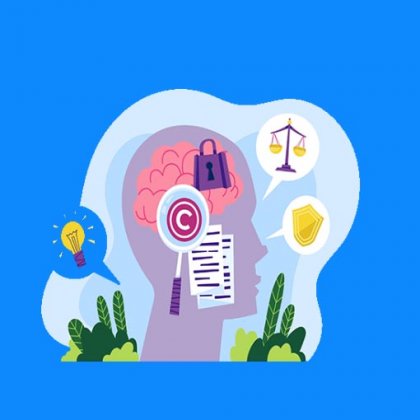


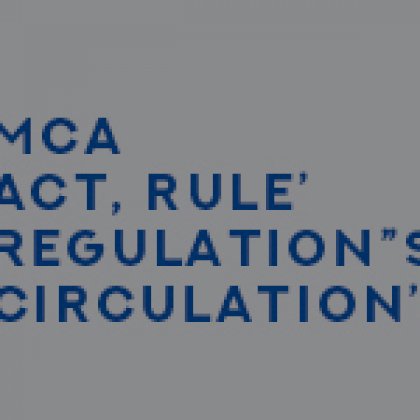



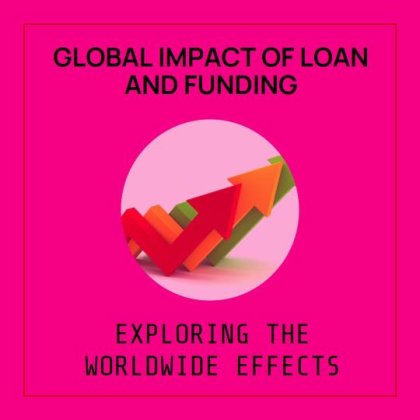


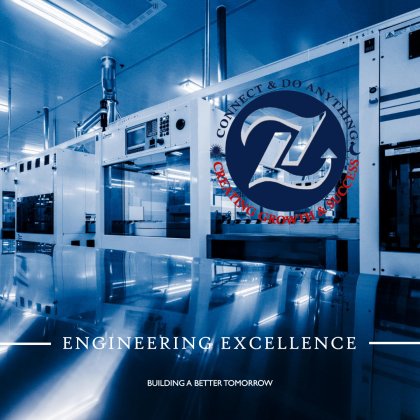


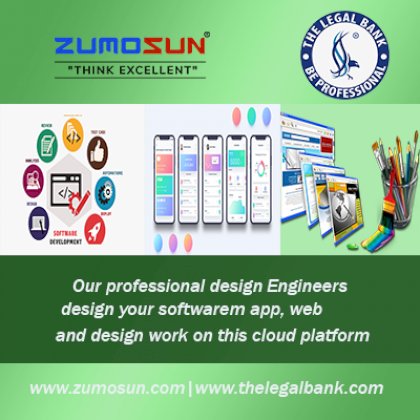


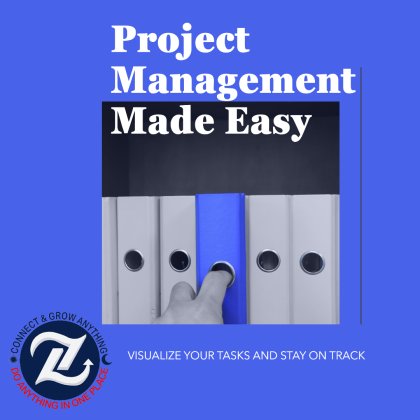




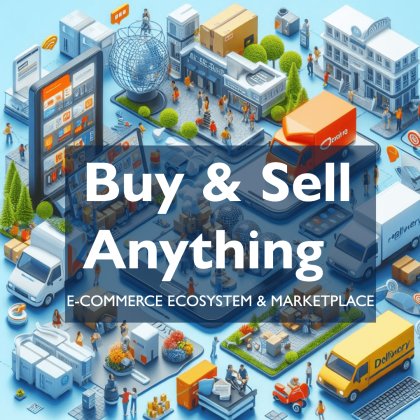
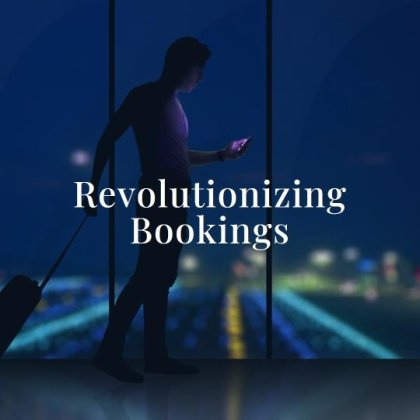

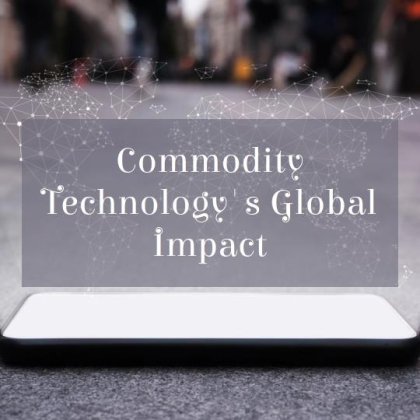




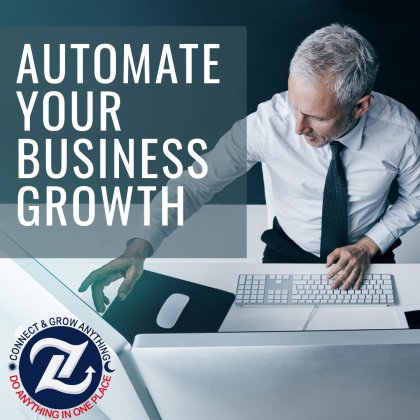


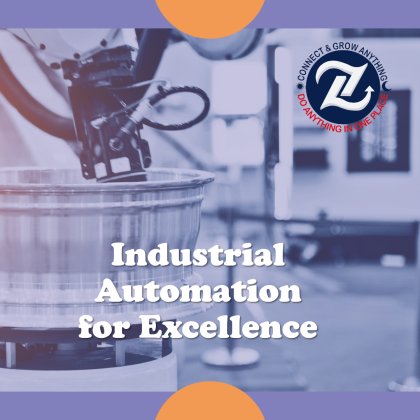
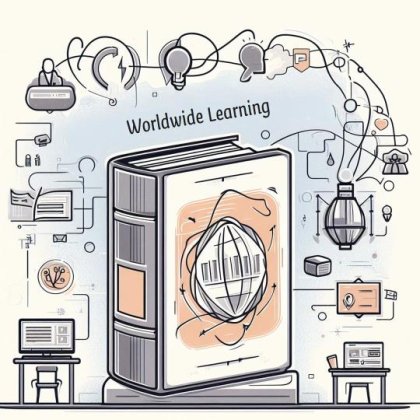

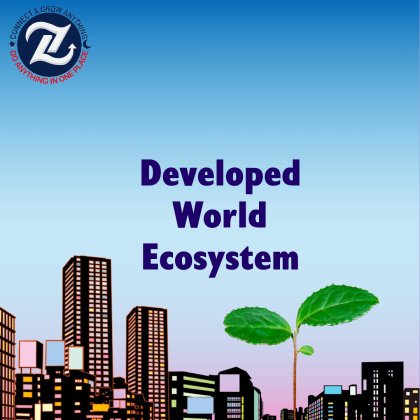
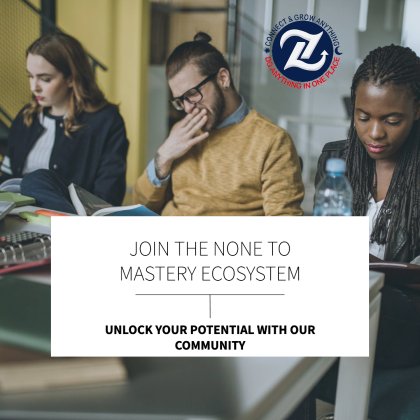
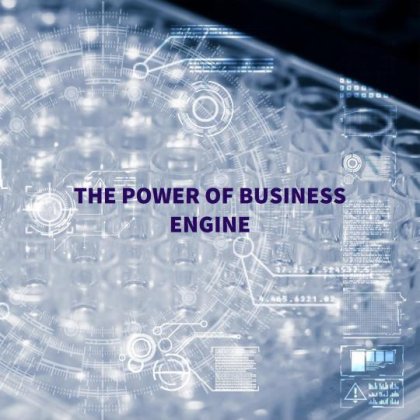
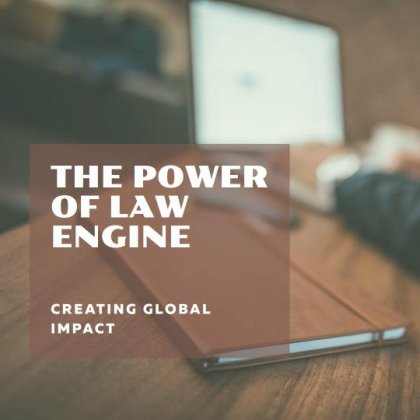
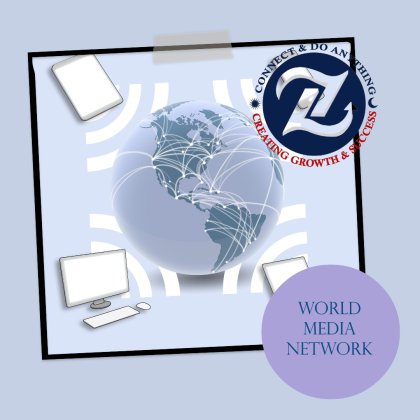
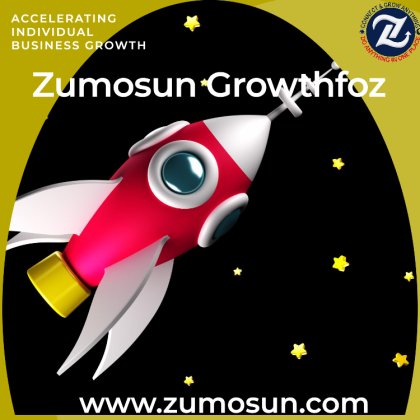

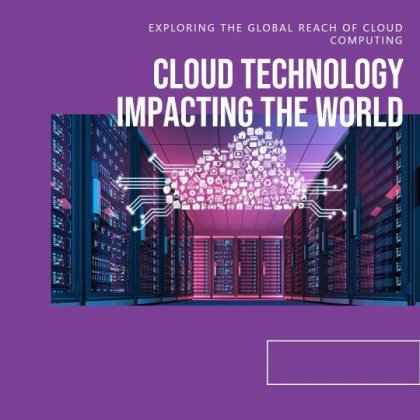
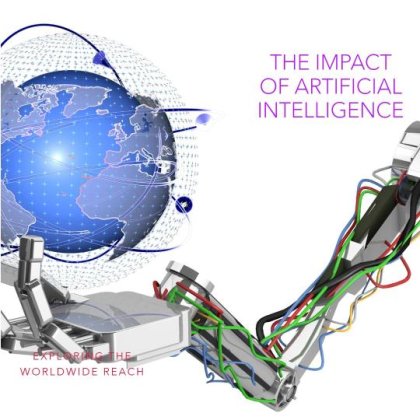









No comments found for this product. Be the first to comment!